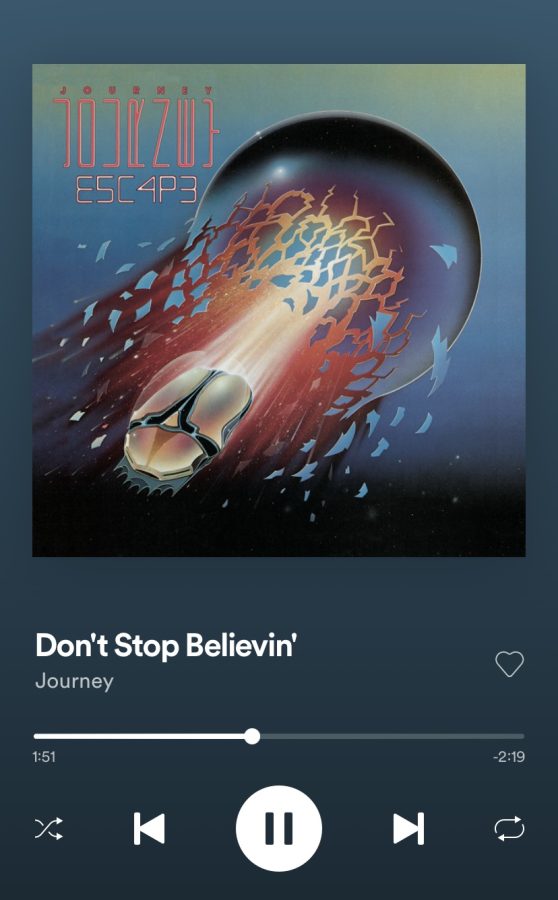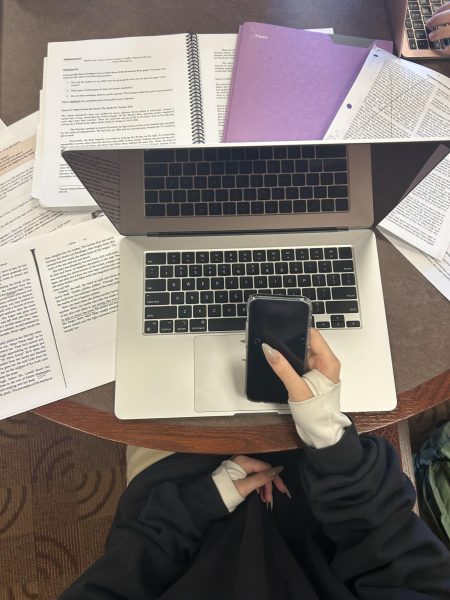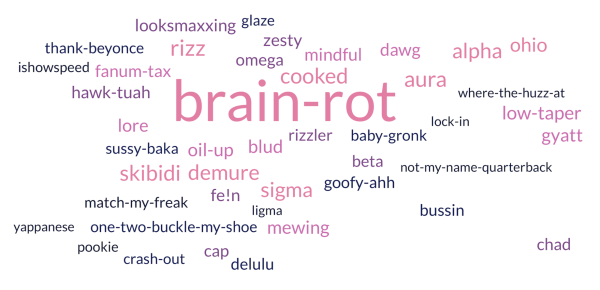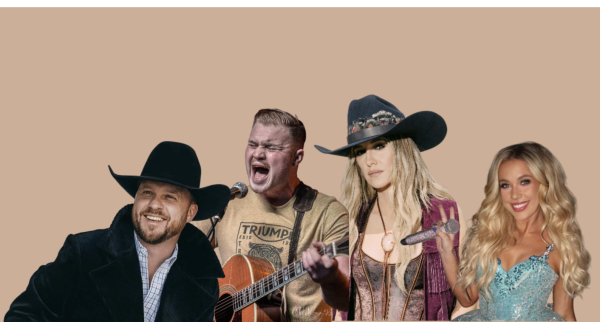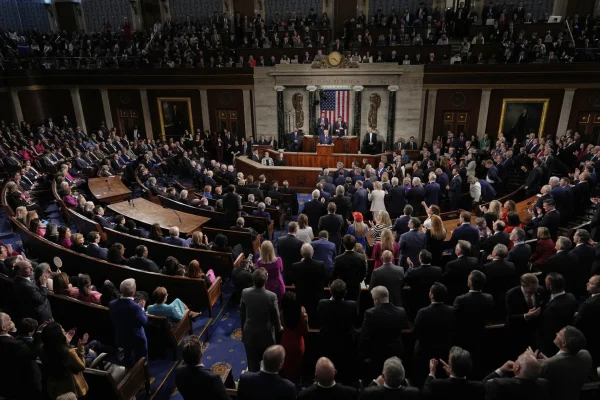(The Music) Industry Baby
Why artists are selling the rights to their music
Hipgnosis has spent billions of dollars buying 64,098 songs which are part of 138 different catalogues.
The release of the “Taylor’s Version” songs appears to be the talk of the music industry at the moment. The ‘Swiftie’ fandom is so widespread that it’s rare to go a week without hearing her songs or a mention of her new albums. Contrary to Taylor Swift, hundreds of artists including huge names such as Bruce Springsteen and Shakira, have not been regaining their music rights – but selling them.
Music rights and ownership are incredibly complex, and many times the rights to an artist’s music will be split between a few different companies, record labels, or people. The two main parts of music rights are publishing and recording rights. Publishing rights are the rights to the actual song that has been written while recording rights are the rights to the recording of the song. These two forms of rights can be and are often owned by separate people or groups.
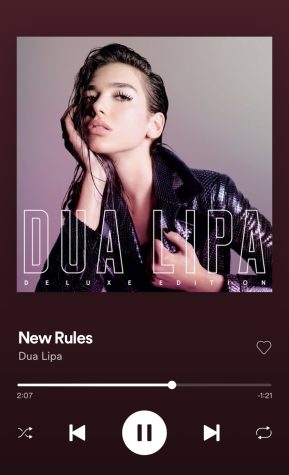
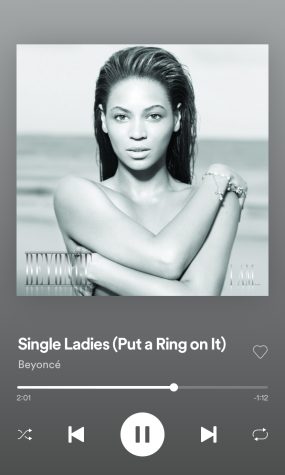 Before the Internet made the music world digital, artists sold their music and earned royalties through CDs. However, in more recent years, the Internet has taken away the reliance people had on listening to CDs. Suddenly people could download songs off the web, often illegally.
Before the Internet made the music world digital, artists sold their music and earned royalties through CDs. However, in more recent years, the Internet has taken away the reliance people had on listening to CDs. Suddenly people could download songs off the web, often illegally.
Following the introduction of legitimate streaming platforms such as Spotify and Apple Music, listeners bought subscriptions that enabled them to listen to hundreds of songs with one purchase. This, in turn, enabled artists to earn a profit every time a listener clicked play. It is these long-term streaming revenues that have led to the revolution in what rights are worth and how artists, labels, and investors think about them today.
So, why would successful artists sell rights to the work that has made them so successful? Some might refuse to sell, but others might rather collect a large amount of money in one cheque. Sylvia Coleman, one of the leading female figures in the music industry in Europe for the past few decades, said that one artist might prefer to pay for their children’s education, or buy a new house. Another one might be thinking, “I haven’t been able to do a huge tour for the last couple of years, and who knows if I’ll be able to tour next year either…If I sell some music rights, I can generate a nice big capital sum.’”
She currently serves on the Board of Hipgnosis, one of the top buyers of music rights in the world. She was previously the Senior Vice President of Legal and Business Affairs at EMI Music, and also spent some time overseeing Sony’s International and European legal and business affairs.
She continued to explain that artists who are perhaps towards the end of their career might want to sell their rights as a tax strategy and generate wealth for their children. They also might not want to force the next generation of their family to run a music company. Different artists have different situations so each artist’s motives are unique.
Bob Dylan, Shakira, John Legend, and Bruce Springsteen are just four of the many major artists who have recently sold their rights. Each one is at a different point in their music career, and the motive behind selling is unique to each. Through her court battle over tax evasion in Spain, Shakira obtained financial security by the selling of some of her music rights for 14 million dollars. Dylan and Springsteen, who are at the end of their careers, sold their rights for $300 million and $500 million respectively, according to Rolling Stone. They are perhaps more likely to be motivated by the enormous amounts paid, and to possibly avoid family feuds after their death.
Older artists are also sometimes motivated by unpredictability in regards to streaming. Most of the young listeners on music platforms today are not listening to older hits, so older artists especially can never know for certain that their music will continue to have a consistent or rising numbers of streams. This translates to an unpredictable income. Since it is far more secure to be paid a huge sum all at once, many artists at the end of their careers are the ones selling their music.
As the music world continues to evolve, newer artists have more control and independence than ever before. “There are now a lot more opportunities available for artists because of the internet and the ability to operate independently so that an artist doesn’t have to sign to a major label anymore”, said Ms. Coleman. “You see a lot of artists, particularly coming out of the rap/hip-hop genre who are controlling their own rights. These artists are not concerned about regaining rights, since they’ve never given them up. Their focus today will be far more on actually building up their rights independently and then in the future selling their rights to get a nice big capital sum.”
The UK based company Hipgnosis is a top buyer of music rights. As their website explains, the company was created in order to give investors an opportunity to gain investment returns from songs written by culturally important artists in addition to benefiting the songwriter by offering them meaningful and fair value for their work.
According to Ms Coleman, Hipgnosis’ pitch to investors is that they will buy a ton of music rights to invest in and the music’s value will continue going up. “There’s going to be more and more streaming, and so more and more consumers are going to buy music; they’re going to buy subscriptions and so the value of music is going to continue to increase.”
On the purchasing side, Hipgnosis has been very successful because of its identity as a “Songs Fund.” Their website showed this success in numbers, revealing that the company owns the rights to 64,098 songs. Trust is an important factor in to whom an artist will sell their rights. “Hipgnosis refers to itself as a ‘song manager,’ Coleman explained. “A bit like an artist has a manager, it’s a manager of songs, which is quite a new concept… therefore they can be more successful in placing those songs [in movies, commercials etc] and generating further income from them.”
The mutual trust between the buyer and the artist is important because owning the rights to a song means that the buyer is able to do what they like with it, without the consent of the artist. She continued to explain, “An artist has to be confident [and] a songwriter has to be confident that you are going to use the song in a way that they approve of. If you’re a vegetarian, you don’t want your music to be used in a hamburger advertisement, so you want to make sure that you are working with somebody you have trust with.”
This quiet revolution has transformed the music industry in just a few years. The sheer quantity of options for what an artist can do with their music rights is starting to be utilized and recognized by younger artists. Sylvia Coleman revealed, “The opportunities are there for people to develop their own careers and only sign a record contract as one option.” Many artists today are no longer entering the restrictive contracts that older artists are trying to escape from. As the selling of music rights is spreading, Taylor Swift’s fight for hers may not be the start of an era, but the end of one.

If you want to have a conversation with Lily, all you have to do is mention the words ‘field hockey’, and she will talk for hours. She is basically...


